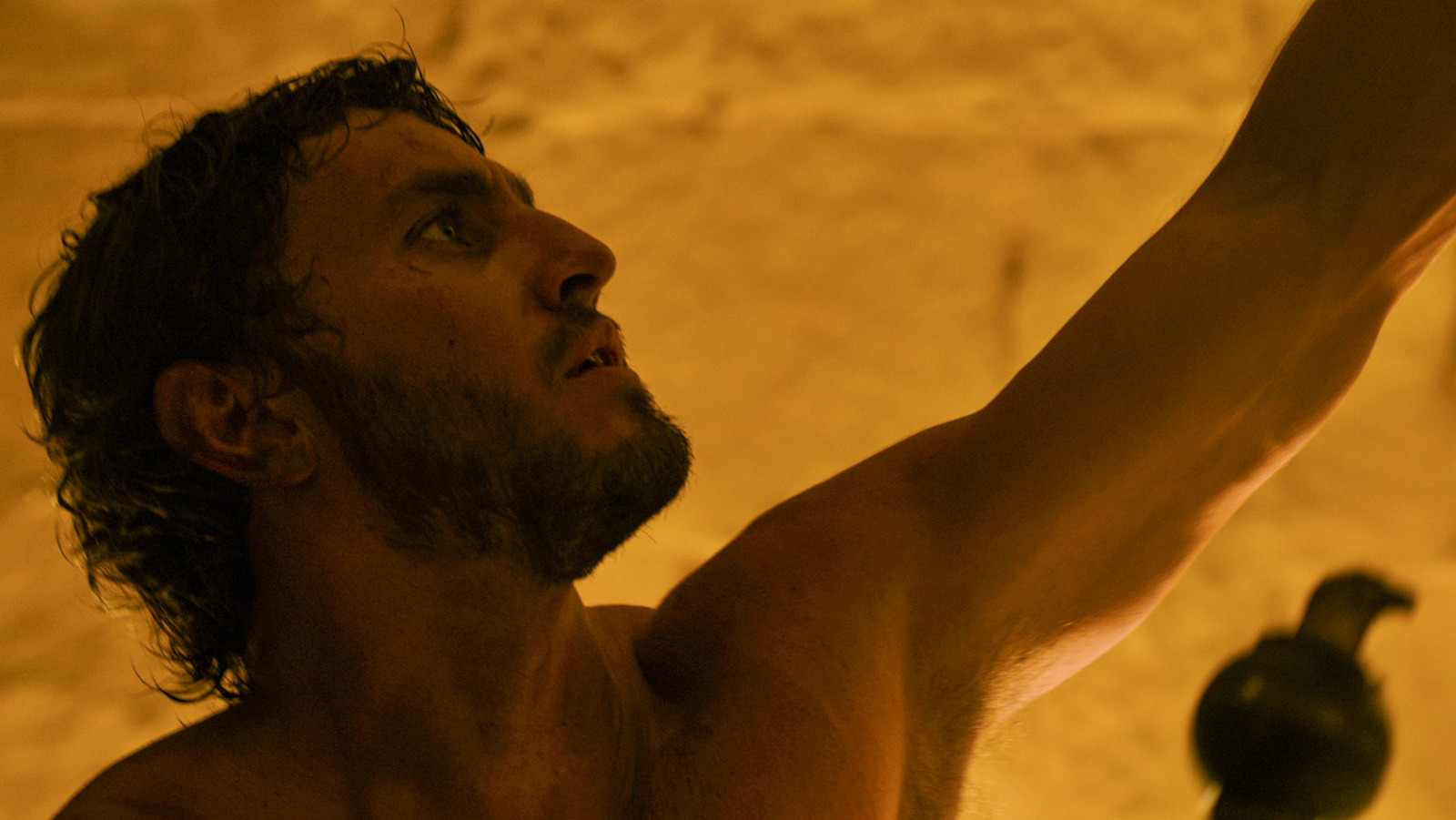
Gladiator II Conclusion Analyzed
Gladiator II brings viewers to an introspective moment, prompting essential questions about the fate of empires and the pursuit of a better society. The film resonates with Maximus Decimus Meridius’s iconic saying from the first installment: “what we do in life echoes in eternity.” Are these echoes capable of instigating real change before it’s too late? These themes occupy both the audience’s thoughts and the minds of the film’s characters, presenting a stark contrast between the world of 2024 and the original film released 24 years prior.
Director Ridley Scott’s sequel addresses contemporary concerns while also steering through the challenges posed by the legacy of a protagonist who met his end in the previous film. Over the years, many creative sequel ideas arose, including one infamous pitch suggesting Maximus would be reincarnated throughout history. However, Gladiator II, penned by David Scarpa, showcases a similar narrative arc: a soldier captures monumental struggles against oppressive forces in Rome, driven by the quest for an idealized, uncorrupted vision of the empire. The twist? This central character is revealed to be Lucius (played by Paul Mescal), the secret son of Maximus.
Seventeen years following the events of Gladiator, the “dream of Rome” that Maximus and Marcus Aurelius fought for remains unfulfilled. Instead, chaos reigns under the erratic rule of Emperors Geta and Caracalla, whose regime leads to unchecked aggression and conquest. One area affected is Numidia, Lucius’s homeland, which becomes a battleground where he and his wife, Arishat, desperately strive to repel Roman control. When the Numidians are defeated and Arishat is killed, Lucius’s focus shifts from survival to vengeance, envisioning the destruction of Rome.
Through an alliance with Macrinus (Denzel Washington), Lucius forges a pact to become a tool of revenge against General Acacius, who has wronged him. However, Lucius is blind to crucial truths, including Acacius’ secret intention to oppose the corrupt Emperors and Macrinus’s selfish ambitions. Adding complexity to Lucius’s alliance, he learns that he is the heir of Maximus through his mother, Lucilla, further entangling his conflict between revenge and legacy.
As Lucius grapples with his identity, he stages a pivotal transformation. Initially fueled by anger and a thirst for retribution, he experiences a moment of clarity, ignited by visions of his parents and wife. This leads him to a turning point during a fateful duel with General Acacius, where Lucius opts for compassion over vengeance, inspiring not only himself but all of Rome to seek a new direction.
As the conflict escalates, Lucius confronts his enemies, including Macrinus, whom he disarms in a duel. Instead of letting chaos ensue, he delivers an impassioned speech, invoking his grandfather’s vision of a unified Rome and urging soldiers from both sides to abandon violence. This moment symbolizes hope for a different path forward, highlighting Lucius’s evolution from a vengeful warrior to a leader seeking restoration.
In a moving finale, Lucius pays tribute to his family’s sacrifices at the coliseum, calling upon the spirit of Maximus for guidance. The ending presents both resolution and ambiguity: Lucius has secured victory and redirection but faces the onerous responsibility of rebuilding Rome, leaving audiences pondering his future reign and the overall fate of the empire.
Whether Gladiator II lays the groundwork for a sequel or stands alone, it resonates deeply in our current reality—a reminder that we are also at a crossroads. It raises critical reflections on history, fate, and the potential for change. Just as Lucius’s story captures the essence of courage and duty, it challenges us to recognize our roles in shaping the future. Ultimately, the echoes of our actions resonate in the lives we lead.




